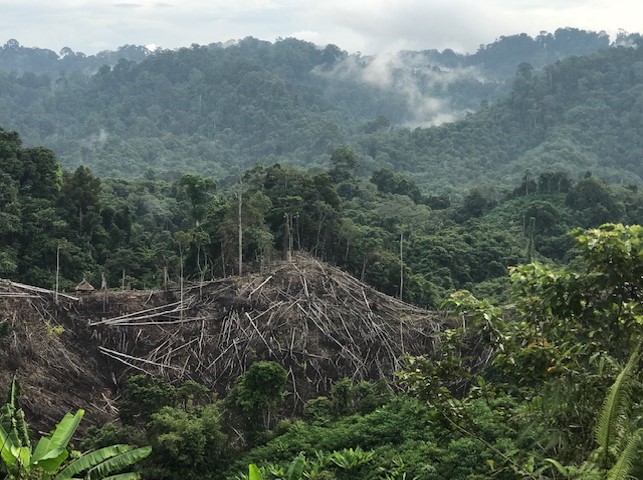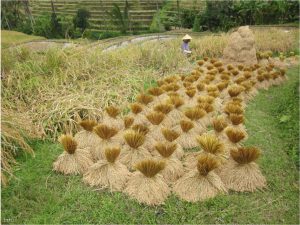 |
 |
Rural communities have often been excluded from state decision-making on forest use. Many have lost land and cultures; traditional economies have suffered. Recently there is a growing interest in restoring local forest ownership and management. This interest is motivated by evidence of local and customary governance enhancing forest and biodiversity conservation, improving the livelihoods of forest dwelling peoples, and advancing the outcomes of the Sustainable Development Goals set by the United Nations for 2030. Yet there continue to be many examples where localized forest management is simply centrally controlled scaled-down industrial forestry, and does not embrace local governance and its full potential.
In this research, we seek to learn from the ways in which state and customary governance systems can be harmonised to optimise pathways to prosperity in forest landscapes. We aim to co-generate knowledge to (i) develop a deep understanding of customary governance, knowledge systems and their interrelationships, (ii) draw from knowledge systems to document ecological impacts of customary governance and (iii) develop theories of change for pathways to harmonizing customary governance with state governance systems.
Beginning in 2022, we will build from our long-term partnerships in Cameroon and Indonesia to explore how customary and local governance guide benefit flows in forest landscapes. We are developing new partnerships in British Columbia to expand this work in the future.
Funding: Social Science and Humanities Research Council of Canada Insight Grant 2021-2026